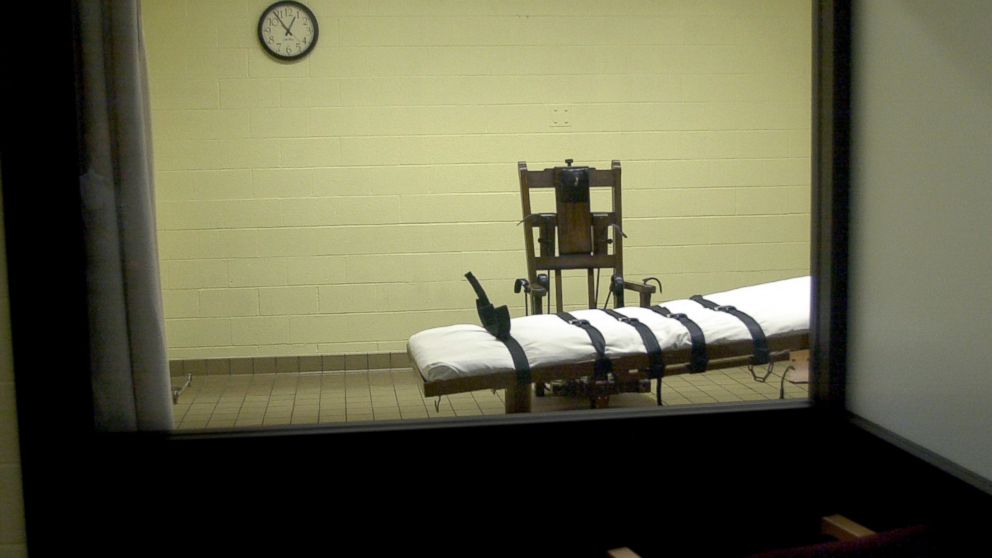What We Don’t Know About Lethal Injection Drugs
Drug doses and suppliers are sometimes kept secret, experts say.

— -- The prolonged execution of Joseph Wood has spotlighted the secrecy surrounding drugs used for lethal injection.
Wood, a convicted murderer, died Wednesday nearly two hours after receiving what authorities said was a 50-milligram dose of both the sedative midazolam and the painkiller hydromorphone. Witnesses said he appeared to gasp more than 600 times.
Arizona Attorney General Tom Horne temporarily halted executions in the state, and Governor Jan Brewer called for the Department of Corrections to investigate what some have called a “botched” execution.
Inmate Dies 2 Hours After Execution Began in Arizona
Family of Victims Shows No Sympathy at Killer's Execution
Arizona Asks Top Court to Reverse Execution Ruling
A different cocktail of drugs – sodium thiopental, pancuronium bromide and potassium chloride – typically kills in less than 15 minutes. But the drugs have been in short supply since 2009, after the European Union banned the export of products for execution and many domestic drug manufacturers followed suit, according to the Associated Press.
Hence the use of midazolam and hydromorphone – drugs typically used to “cause drowsiness,” “relieve anxiety” and “treat pain” during surgery, according to the National Institutes of Health.
"It's fair to say that those are drugs that would not expeditiously achieve [death]," Dr. Daniel Nyhan, a professor and interim director at the anesthesiology department at Johns Hopkins medical school, told the Associated Press.
Even in high doses, the lethality of midazolam and hydromorphone is uncertain, according to Dr. David Waisel, an anesthesiologist at Boston Children’s Hospital.
“One thing we know is that twice as much medication doesn’t mean twice the effect,” said Waisel, who has testified about the pitfalls of new lethal injection drugs in other death penalty cases. “Because we do not study and do not have clinical experience with these extraordinarily high doses, we do not know the effects of these doses.”
While anesthesiologists are the experts on the drugs used in lethal injections, they risk losing their certification if they consult or participate in an execution, according to a 2010 notice from the American Board of Anesthesiologists.
Charles Ryan, the director of the Arizona Department of Corrections, said a licensed physician was part of the team administering the drugs in Wood’s execution. But the doctor’s identity and specialty have not been disclosed.
Megan McCracken, a lawyer at the University of California, Berkeley, Law School’s Death Penalty Clinic, said 13 states have passed laws, introduced legislation or gone to court to keep aspects of the lethal injection process, including the sources of drugs, confidential. Arizona is one of them, she said.
“We’re well past the time where we can say that Mr. Wood’s execution was a wake-up call,” Mccracken said. “A court must start ordering the department of corrections to disclose relevant information.”
A midazolam and hydromorphone cocktail was also used in Ohio for the January execution of Dennis Mcguire, who died after what witnesses have described as 26 minutes of snorting and other sounds of distress, witnesses said.
The U.S. Food and Drug Administration – the agency tasked with assuring the safety of drugs used in medical treatments – “does not approve drugs for use in lethal injection settings,” according to a spokeswoman.




